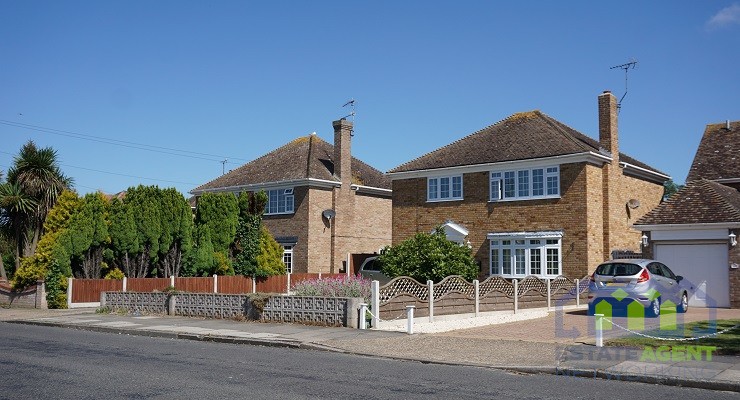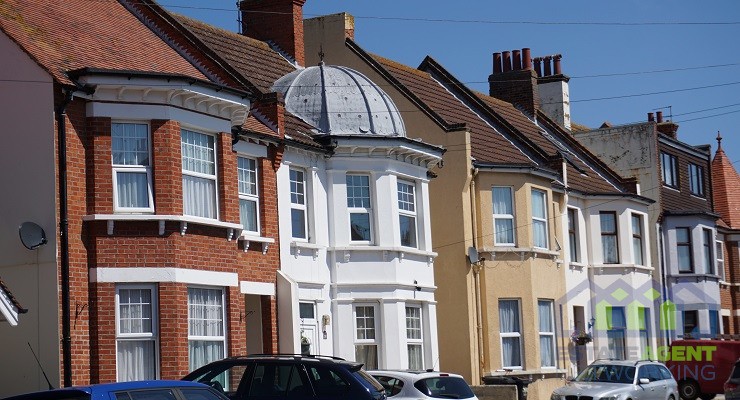Building Insurance for Freeholders: The Ultimate Protection Blueprint
Navigating the intricate world of building insurance can be daunting, especially for freeholders. Whether you own a single property or a block of flats, understanding the nuances of freeholder building insurance is crucial. This comprehensive guide aims to demystify the complexities of building insurance coverage, offering clear insights tailored for freeholders.
The Basics of Freeholder Buildings Insurance
At the core of a freeholder’s responsibilities lies the need to secure robust building insurance coverage. This insurance serves as a safety net, safeguarding the structure and fabric of the building. The freeholder’s policy should encompass the entire block in flat building insurance, offering a shield against various risks.
Freeholder insurance is more than just a contractual obligation; it’s a pivotal aspect of property management. For buildings housing multiple flats, the freeholder must arrange a comprehensive freeholder buildings insurance policy. This ensures that all aspects of the building, from the roof to the foundation, are adequately protected.
Delving into Freeholder Building Insurance
When discussing freeholder building insurance, it’s essential to address its coverage range. A typical freeholder building insurance policy covers the physical structure and common areas. This is especially vital in a block of flats, where the communal nature of the property necessitates extensive coverage.
Leasehold property owners often look to the freeholder to arrange this pivotal insurance cover. It’s a symbiotic relationship where, although the leaseholders own their individual units, the freeholder ensures the collective safety of the entire building. A well-structured freeholder building insurance policy protects the property and fosters a sense of security among all residents.
Coverage Aspects of Freeholder Insurance
Venturing further into the coverage spectrum, freeholder insurance policies are comprehensive. They extend beyond structural protection, offering third-party liability cover and even provisions for alternative accommodation if the property becomes uninhabitable. These features underscore the thorough nature of freeholder building insurance, emphasizing its role as a cornerstone of property safety and security.
For those in buildings with multiple flats, flat building insurance becomes an integral part of property management. The collective nature of such properties necessitates an insurance policy that acknowledges and addresses the shared risks. In this context, joint freeholder-building insurance policies emerge as a strategic choice, pooling resources for a unified protective shield.
The Special Case of Flats Buildings Insurance
When it comes to flat building insurance, specificity is key. Policies tailored for blocks of flats often encompass a broader range of scenarios, acknowledging the unique dynamics of communal living spaces. From standard block insurance policies to more specialized offerings, the market caters to the diverse needs of freeholders managing blocks of flats.
Flats insurance cover, in particular, is designed with the intricacies of apartment living in mind. It considers the shared responsibilities and the interconnected nature of living spaces. Freeholders must navigate these waters carefully, ensuring their flat insurance adequately reflects all residents’ collective needs and responsibilities.
Financial Considerations in Buildings Insurance
Understanding the financial implications of building insurance for freeholders is paramount. Insurance costs vary widely, influenced by factors such as property size, location, and the policy’s specific terms. Freeholders must balance the need for comprehensive coverage with managing insurance costs effectively.
One aspect that often impacts financial planning is the service charge. Typically, building insurance costs are part of the annual service charge bill, distributed among all leaseholders. This shared financial responsibility highlights the communal aspect of building insurance, particularly in blocks of flats.
Tailoring Insurance to Property Type
Freehold Insurance for Various Properties
Freeholders buildings insurance cover caters to a range of property types, from individual houses to entire blocks of flats. Freehold insurance ensures the physical structure, including exterior and common parts, is protected against risks. It’s crucial for freeholders, especially those owning more than one dwelling, to select the appropriate insurance cover for their freehold property, ensuring the policy matches the unique needs of the property type, whether it’s a standard residential building, a converted house, or a complex with communal gardens.
Landlord Insurance and Property Management
Landlord insurance, a subset of freeholders building insurance, is essential for property owners who lease their properties. This type of insurance often includes building cover, liability cover, and sometimes even contents cover for items provided to tenants. For those managing leasehold properties within the same building or a block of flats, working with a property management company can streamline managing and arranging building insurance, ensuring that all leaseholders are adequately covered and informed.
Financial Aspects and Policy Details
Understanding the financial nuances, such as service charges, ground rent, and the importance of only one excess in a standard block insurance policy, is vital. These factors influence the overall insurance costs and the structure of the policy. Recognizing the potential for accidental damage or the need for alternative accommodation whilst repairs are made can guide freeholders in choosing a policy with a comprehensive cover that aligns with the rebuild cost and sums insured for the whole building.
Navigating Insurance for Blocks of Flats
For blocks of flats, securing freehold building insurance that includes ensuring suitable block cover is paramount. This not only protects the property owner but also safeguards all the leaseholders under one policy. When dealing with blocks, it’s essential to consider block cover nuances, like shared service pipes or the complex claims process that can arise from having multiple units insured under one policy.
Savings and Additional Coverage
Freeholders should consider policies that offer competitive rates based on recognized independent price indices to save money while maintaining robust coverage. Additionally, exploring options for building cover that includes employers’ liability for any staff employed at the property, like in communal gardens or for maintenance, can provide comprehensive protection. Ensuring that the building cover is tailored to the unique structure and potential risks is crucial for converted buildings or houses.
Concluding Insights on Building Insurance for Freeholders
Building insurance is an indispensable aspect of property ownership, providing both peace of mind and financial protection. Whether you own a single freehold property or manage a block of flats, understanding and choosing the right type of insurance, from freehold insurance to landlord insurance, is key. It ensures the safety of the physical property and the financial well-being of the freeholder and leaseholders involved. As a property owner, staying informed, comparing policies, and making educated decisions on your building insurance will pave the way for a secure and successful property management experience.
Frequently Asked Questions
Does a freeholder need building insurance?
Yes, a freeholder needs building insurance to protect their investment from potential damages and to fulfil legal responsibilities, especially if the property is mortgaged.
How much does building insurance cost?
Building insurance costs vary based on factors like property size, location, construction type, and coverage scope. It’s best to get multiple quotes for a precise estimate.
Whose obligation is it to insure a block of flats?
Typically, the freeholder or property management company is responsible for arranging building insurance for the entire block, covering common areas and the structure.
Do you need buildings insurance if you own a flat?
Yes, if you own a flat, you should have buildings insurance, usually arranged by the freeholder or management company, and you may also need your own contents insurance.







